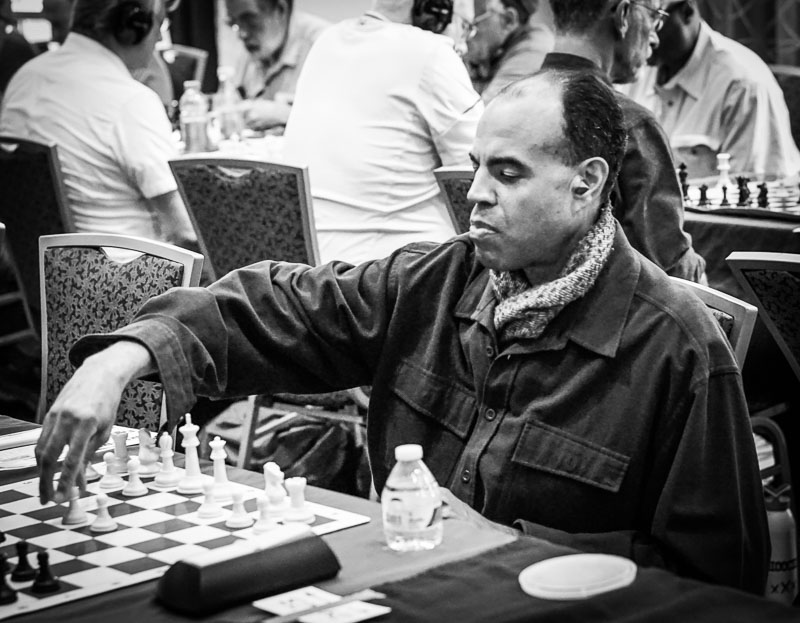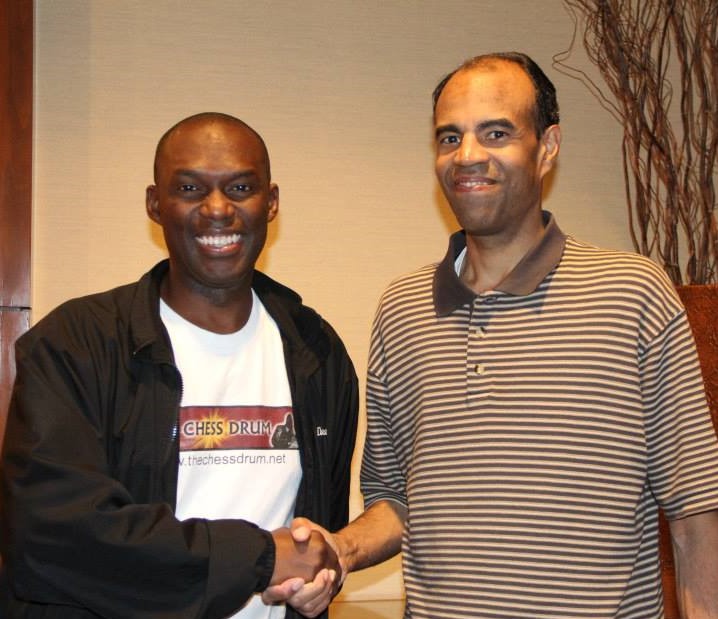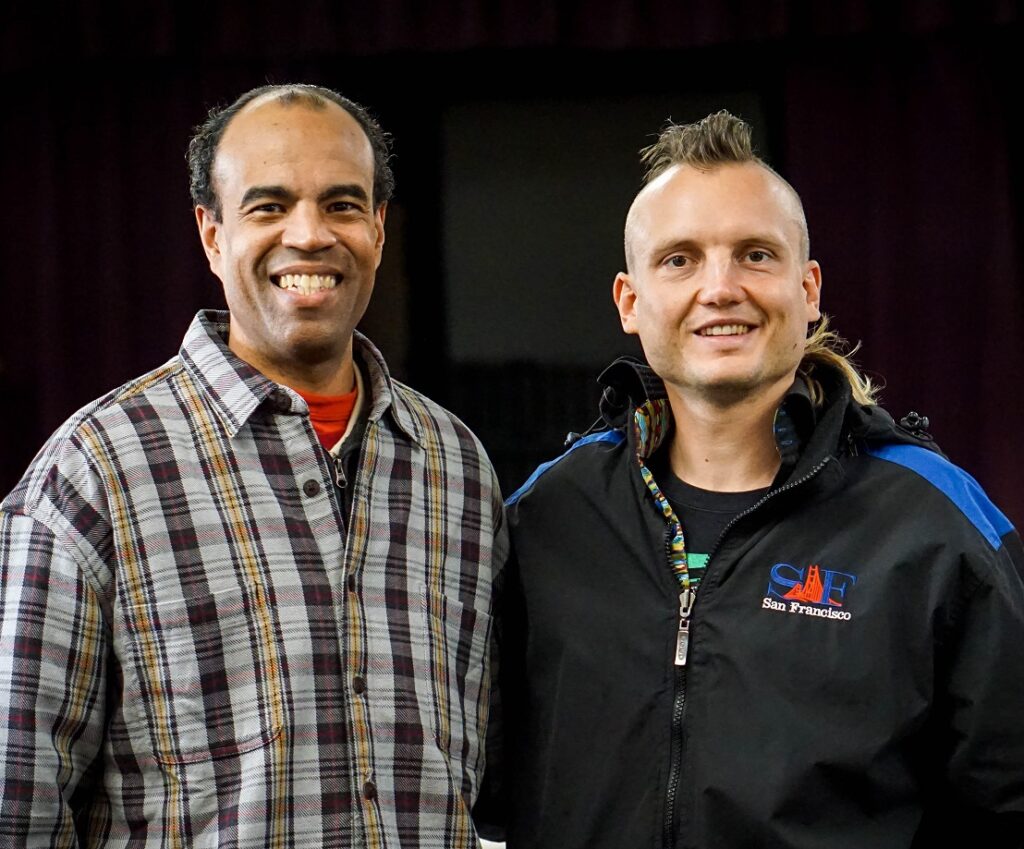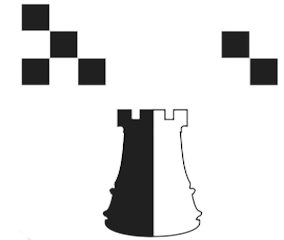
After observing me tutor students in mathematics at a library, a librarian asked me to start a chess club. Initially, I believed that it would be easy for me to meet this obligation. My first step was to read the official rules of chess. I was surprised to learn that even though I had played chess irregularly since elementary school, I had not been playing by the rules.

During the first chess club meeting I noticed that the chess club members’ enthusiasm for the game was markedly different from the typical student’s enthusiasm for mathematics. After the first few chess club meetings, I was surprised to discover that teaching chess is more challenging than teaching mathematics. Fortuitously, renowned chess educator Fernando Moreno, author of the book Teaching Life Skills Through Chess: A Guide for Educators and Counselors, facilitated a chess club at a community center that was next door to the library. When he heard about the new library chess club, he kindly introduced himself to me and donated sorely needed resources, including a demonstration board. After visiting Mr. Moreno’s chess club and losing game after game to his students, I realized that I had much to learn.

Step by step I became engrossed in the Washington, D.C. metropolitan area chess scene by visiting different chess clubs including the U.S. Chess Center. I played casually for approximately 9 years before entering my first chess tournament. I should have followed the advice of others who told me “You love the game, go ahead and play in a rated tournament”, however I believed that I was not ready to deal with the chess clock and the process of recording the moves. After playing in my first tournament, I understood that 10 additional years would not have made any difference because playing tournament chess is like swimming, one must simply dive in.
